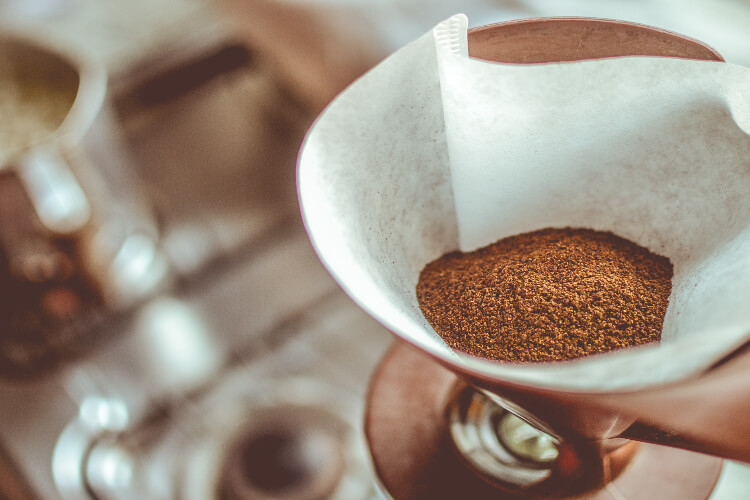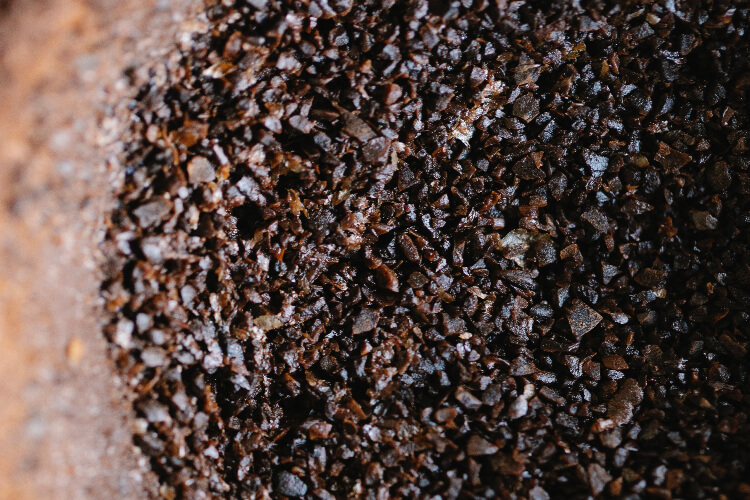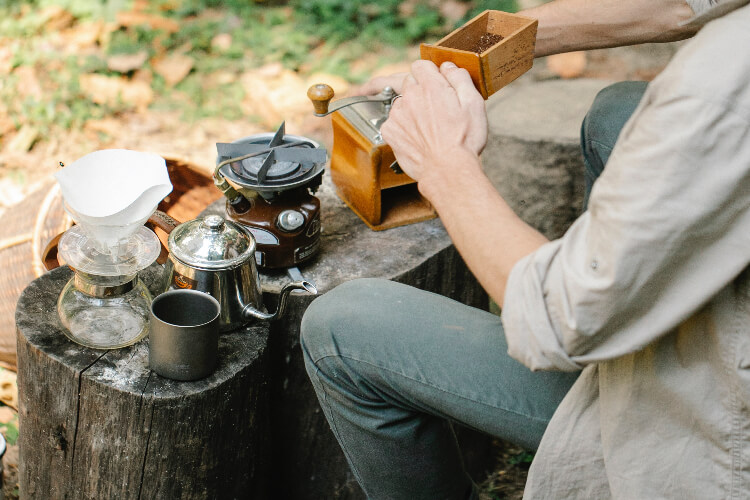
Are coffee grounds insufficient for septic?
If you have a septic system, you might wonder if coffee grounds are insufficient. After all, coffee grounds can be pretty messy, and you don’t want to clog up your septic system. However, coffee grounds can actually be good for your septic system!

What are coffee grounds?
Coffee grounds are the leftovers from brewing coffee. They’re typically made up of coffee beans that have been roasted and ground, and they can range in color from light to dark brown. Many people dispose of their coffee grounds by putting them in the trash, but some wonder if this is the best way to get rid of them.
Some people believe that coffee grounds are insufficient for septic tanks because they can clog the system. However, there is no scientific evidence to support this claim. In fact, coffee grounds can actually be beneficial for septic systems. They can help break down the solid waste and prevent clogs from forming.
If you’re worried about coffee grounds clogging your septic system, you can always dispose of them in another way, such as composting them or using them as mulch.
What is a septic system?
A septic system is a small, self-contained sewage treatment system. Septic systems are standard in rural areas with no connection to a central sewer system. The septic system consists of a tank and a leach field.
The tank is typically made of concrete, fiberglass, or plastic and stores the sewage. The leach field is a series of trenches or holes filled with gravel that allow the treated sewage to leach into the ground.
How do coffee grounds affect septic systems?
Coffee grounds can hurt septic systems. When coffee grounds are flushed down the drain, they can clog the pipes and cause a backup. Additionally, the coffee grounds can settle in the tank and cause anaerobic conditions that can lead to a malfunctioning septic system.
Are there any benefits to using coffee grounds in a septic system?
If you’re wondering if using coffee grounds in a septic system is a good idea, you’re not alone. Many people are curious about the benefits (or lack thereof) of using coffee grounds in their septic tanks. While there isn’t a ton of research on the subject, there are a few things we do know.
For one, coffee grounds can act as a natural filter. They can help to trap solid particles and prevent them from clogging up your septic system. Additionally, coffee grounds can help to break down organic matter, making it easier for your septic system to process.
That said, it’s important to use coffee grounds in moderation. Too much of anything can clog up your septic system, so consult with a professional before adding coffee grounds to your tank.
What are some alternatives to using coffee grounds in a septic system?
If you’re interested in using coffee grounds in a septic system, there are a few things to keep in mind. Coffee grounds can be harmful to the bacteria that live in septic systems, and they can also clog the pipes. However, some alternative uses for coffee grounds won’t cause these problems.
One alternative is to use them as mulch in your garden. Coffee grounds can help to keep weeds down, and they’ll also add some nutrients to the soil. Another option is to compost them. This will take longer than using them as mulch, but it’s a great way to recycle coffee grounds and turn them into something useful.
If you use coffee grounds in your septic system, talk to a professional first. They can help you figure out the best way to use them without causing any damage.
Are coffee grounds insufficient for septic?
If you have a septic system, you might wonder if coffee grounds are insufficient. While coffee grounds can benefit your septic system, it is essential to use them in moderation. This article will explain why coffee grounds are suitable for septic systems and how to use them properly.
What are coffee grounds?
Coffee grounds are the leftover bits of coffee beans that are left behind after brewing. Many people dispose of them by throwing them in the trash, but some people wonder if they can be recycled or reused in some way. While there are many uses for coffee grounds, one should be cautious if they have a septic system when disposing of them.
Coffee grounds can clog up septic systems if disposed of in large amounts. This is because coffee grounds are dense and can settle at the bottom of the tank, causing a blockage. If you must dispose of coffee grounds, it is best to do so in small amounts and to spread them out over time.
Do coffee grounds clog septic tanks?
No, coffee grounds do not clog septic tanks. In fact, coffee grounds can be beneficial for septic tanks because they help break down solid waste and improve water flow through the tank.
What are the benefits of using coffee grounds in septic tanks?
There are many benefits of using coffee grounds in septic tanks. Coffee grounds can help to break down waste products, making them easier to process for the septic system. Also, coffee grounds can help absorb odors and keep the septic tank smelling fresh.
How often should you add coffee grounds to your septic tank?
It’s generally recommended that you add coffee grounds to your septic tank every few months. This helps to break down the solid waste and keep your system functioning properly. However, if you have many people using your septic system, you may need to add coffee grounds more often.

Are there any other uses for coffee grounds?
Yes, there are actually many other uses for coffee grounds. For example, coffee grounds can be used as a natural exfoliant or fertilizer for your garden. Also, coffee grounds can help absorb odors and keep your drains clean.
Conclusion
There is no definitive answer to this question as it depends on many factors, such as the type of septic system you have and how much coffee you drink. However, coffee grounds are generally not considered harmful to septic systems. In fact, many experts believe that coffee grounds can be beneficial for septic systems as they help break down organic matter, but there are conflicting reports on the topic.
However, it is generally advisable to avoid disposing of coffee grounds if you have a septic tank, as they could clog up the system. Coffee grounds should always be disposed of in another method, such as the trash.

